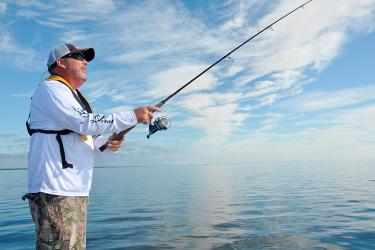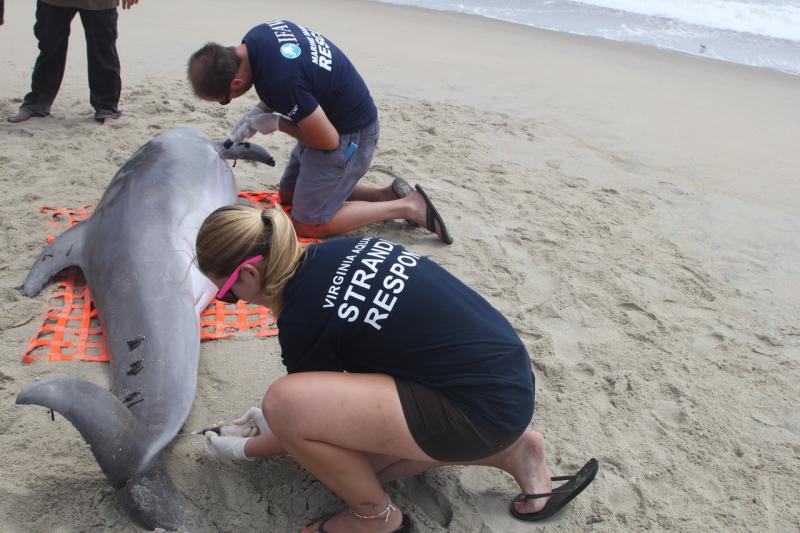We have good news for any whales, dolphins, seals, and porpoises in trouble from Weymouth to Scituate, Massachusetts! Whale and Dolphin Conservation is expanding its response territory to include these towns. WDC is part of the Greater Atlantic Regional Marine Mammal Stranding Network currently responsible for marine mammal strandings from Marshfield to Plymouth. It brings a wealth of experience and expertise to this new area.
NOAA oversees the Marine Mammal Health and Stranding Response Program. It authorizes the stranding network to assess the health of animals and provide triage or rehabilitation when necessary. The Network also investigates the cause of death of marine mammals, such as during unusual mortality events of humpback, minke, and North Atlantic right whales.
WDC has been formally authorized to respond to live and dead stranded seals, dolphins, porpoises, and whales since October 2021. In their first year, they responded to a live stranded dolphin, a live entangled minke whale, and deceased seals with wounds from recent shark interactions.
During a response, the team collects extensive data and samples for diagnostics, research, and education. “Marine mammals play an integral role in our ecosystem, the health of our planet, and our own future. By collecting information from stranded animals, we continue to learn about these important species,” said WDC Executive Director Regina Asmutis-Silvia.
We are excited to see WDC expand their capacity within the stranding network. In addition to responding to strandings in their own area this year, they've trained with neighboring organizations. They also assisted the network in responding to a number of unusual cases. “Our team has received multiple reports of stranded marine mammals in these towns since joining the stranding network in October 2021. Formally taking responsibility for this territory will ensure rapid response to these animals in the future,” WDC Stranding Coordinator Sarah McCormack added.
Experts at Marine Mammal Stranding Response
While this is new territory for WDC, the staff are well versed in marine mammal biology and stranding response. Asmutis-Silvia’s background is in biology and she was a long-time stranding responder for the original Cape Cod Stranding Network. McCormack has experience with marine mammal response, rehabilitation, and necropsy (animal autopsy) on both the east and west coasts. She started with WDC in 2021 and developed its Marine Animal Rescue and Response Program.
Before October 2021, WDC staff volunteered as stranding responders under the New England Aquarium, which previously covered the Marshfield to Plymouth area. The Aquarium shifted its mission towards endangered sea turtle recovery in 2019. NOAA began seeking an organization to take the lead on marine mammal stranding response in this area. McCormack states, “WDC is proud to fill a critical gap along the Massachusetts coastline in the Greater Atlantic Region Marine Mammal Stranding Network. We’re looking forward to contributing to the conservation of marine mammals through stranding responses, while promoting the ecological importance of these animals through community outreach.
What should you do if you see a stranded, distressed, or dead marine mammal?
If you are in the area of Weymouth through Plymouth, call WDC’s Marine Animal Rescue and Response Hotline at (617) 688-6872. For other locations from Maine through Virginia, local stranding network partners can be contacted through NOAA’s stranding hotline: (866)755-6622.




